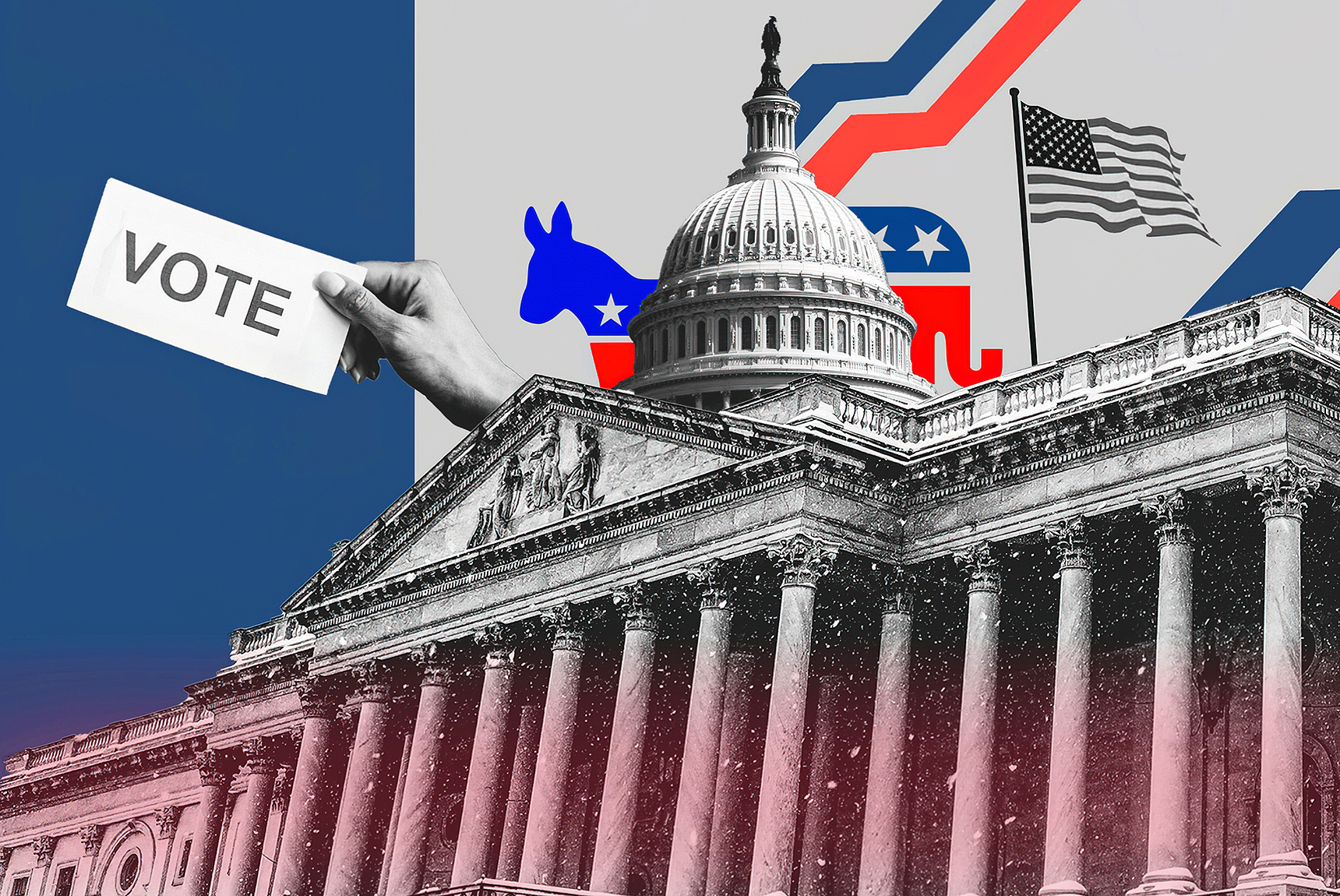11. Civics

Civics (USCIS.GOV) is the study of citizens' rights, responsibilities, and government structures. It helps individuals engage thoughtfully in their communities, particularly in areas like voting, laws, and social issues. Civics covers the three branches of government—executive, legislative, and judicial—each with distinct powers and responsibilities, ensuring a system of checks and balances to prevent any one branch from becoming too powerful.
![]()
Civics education fosters critical thinking by teaching history, government, law, and social issues, helping individuals analyze complex situations and make informed decisions. These skills are essential for both civic participation and everyday life. Civics (CIVICSFORLIFE.GOV) nurtures informed, active citizens who contribute to a just, fair society. It is the foundation of strong, resilient democracies.
Civics is an essential subject for understanding how government functions and how individuals can actively participate in shaping their communities. By learning about civics, people gain the knowledge needed to engage in meaningful dialogue, protect their rights, and contribute to the well-being of society as a whole. As the renowned American statesman Benjamin Franklin (LOC.GOV) once said, "An educated citizenry is a vital requisite for our survival as a free people."This was written with the help of A.I.
Comments
Post a Comment